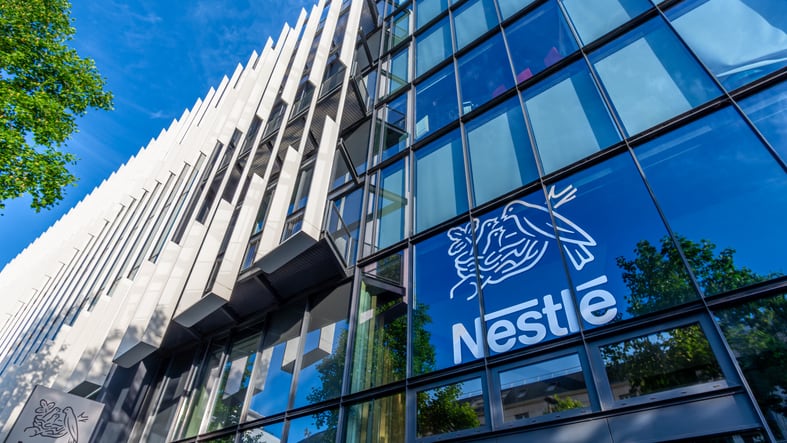Food and drink industry leaders have been candid with their concerns and optimism about the sector’s green and diverse future.
Sustainability heavyweights in manufacturing and ingredients believe the sector is at a critical point where it can progress or backtrack on vital environmental and social equity initiatives.
As part of Sustainable September, readers from across William Reed’s global portfolio of leading food and drink titles were surveyed to reveal their thoughts on the future of the sector.
The first-of-its-kind survey coincided with the airing of the revamped Climate Smart Food event, as well as the media powerhouse’s wider mission to raise the profile and importance of sustainability.

So, what do leaders believe they’re getting right? And where are the pinch points and concerns?
Almost half (49%) of respondents believe their organisation’s approach to sustainability is either leading or progressive. Though over a third (39%) would argue it’s reactive or minimal.
But opinion is split on respondents’ views as to whether their businesses are doing enough: 42% think they are, 43% say not and 15% are unsure.
There’s a standstill among 43% of businesses when it comes to implementing market-leading or new sustainability strategies. However, 44% did claim their businesses were shifting to more ambitious sustainability priorities.
Areas at risk of being left behind included social equity, such as DEI (44%), waste management (29%), ethical sourcing (28%), renewable energy/energy efficiency (27%), scope 3 emissions (26%), regenerative agriculture (26%), water stewardship, (24%) and packaging innovation (23%).
Preventing further – or indeed initial – investment in these areas were cost and return on investment concerns, according to 71% of respondents.

But regulatory uncertainty (37%), supply chain complexities (37%), measurement challenges (35%), lack of consumer demand (29%) and poor internal leadership buy-in (23%) were also preventing progress.
Respondents also claim there is confusion within their businesses around the communication of sustainability strategy and goals. For example, 41% said there were mixed signals around sustainability prioritisation.
There was also concern about greenwashing. Almost half (49%) of those asked were worried about their company greenwashing. Though 40% were only slightly concerned and 5% had no feelings on the matter.
But there was optimism around bolstering sustainable measures and practices within the sector. However, this must kickstarted or supported by consumer demand (28%), clearer regulation (27%) or industry collaboration (15%).






